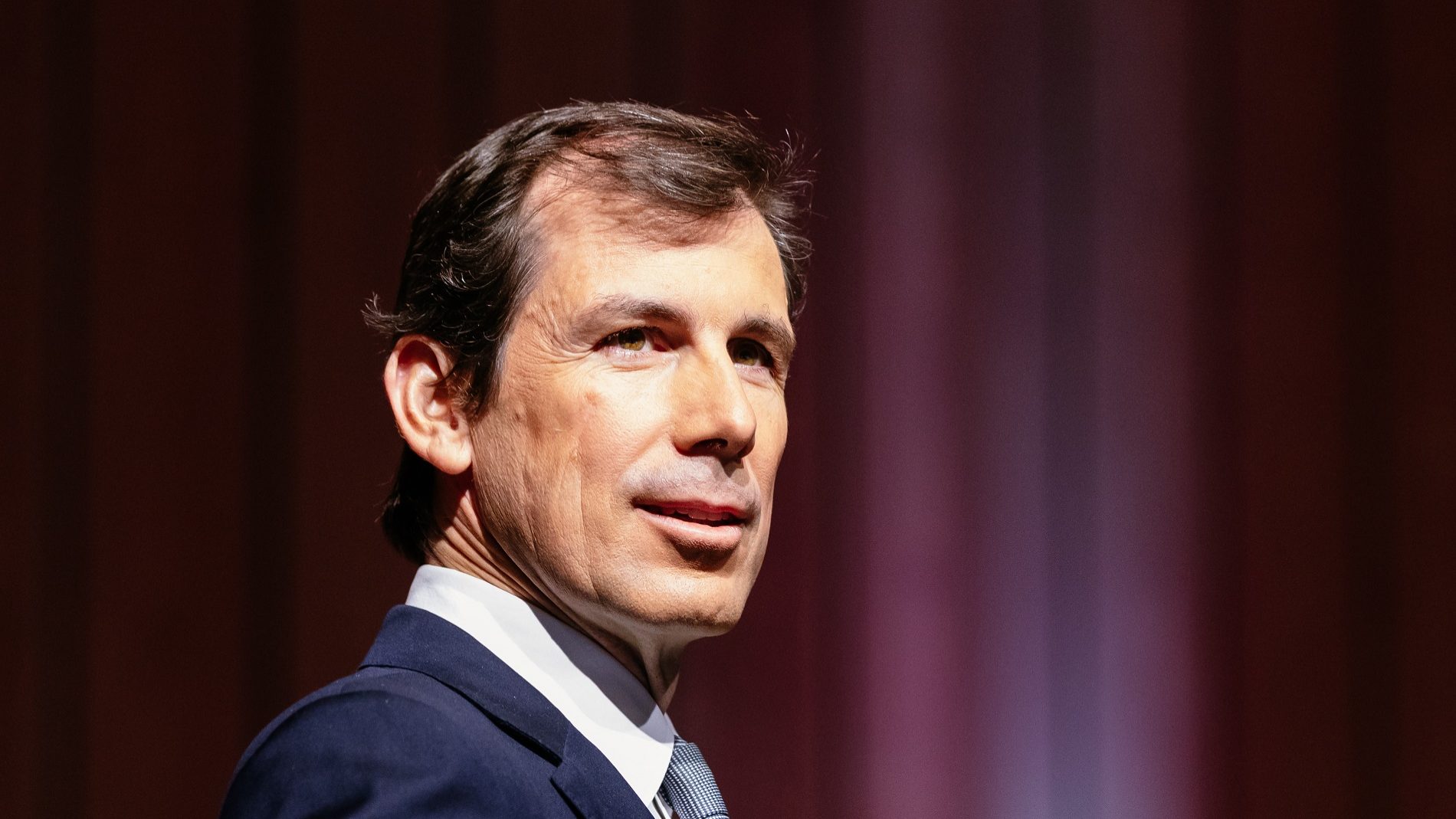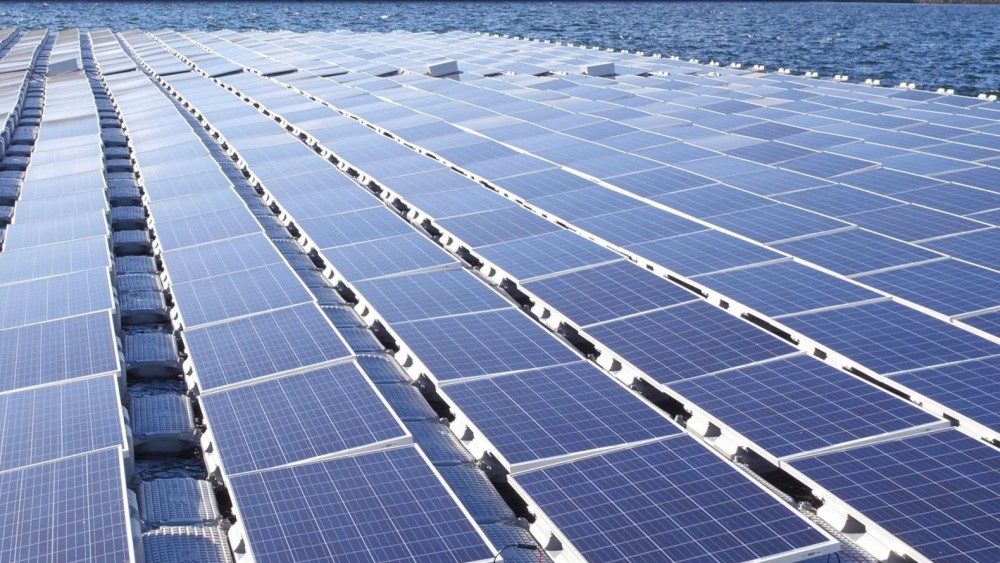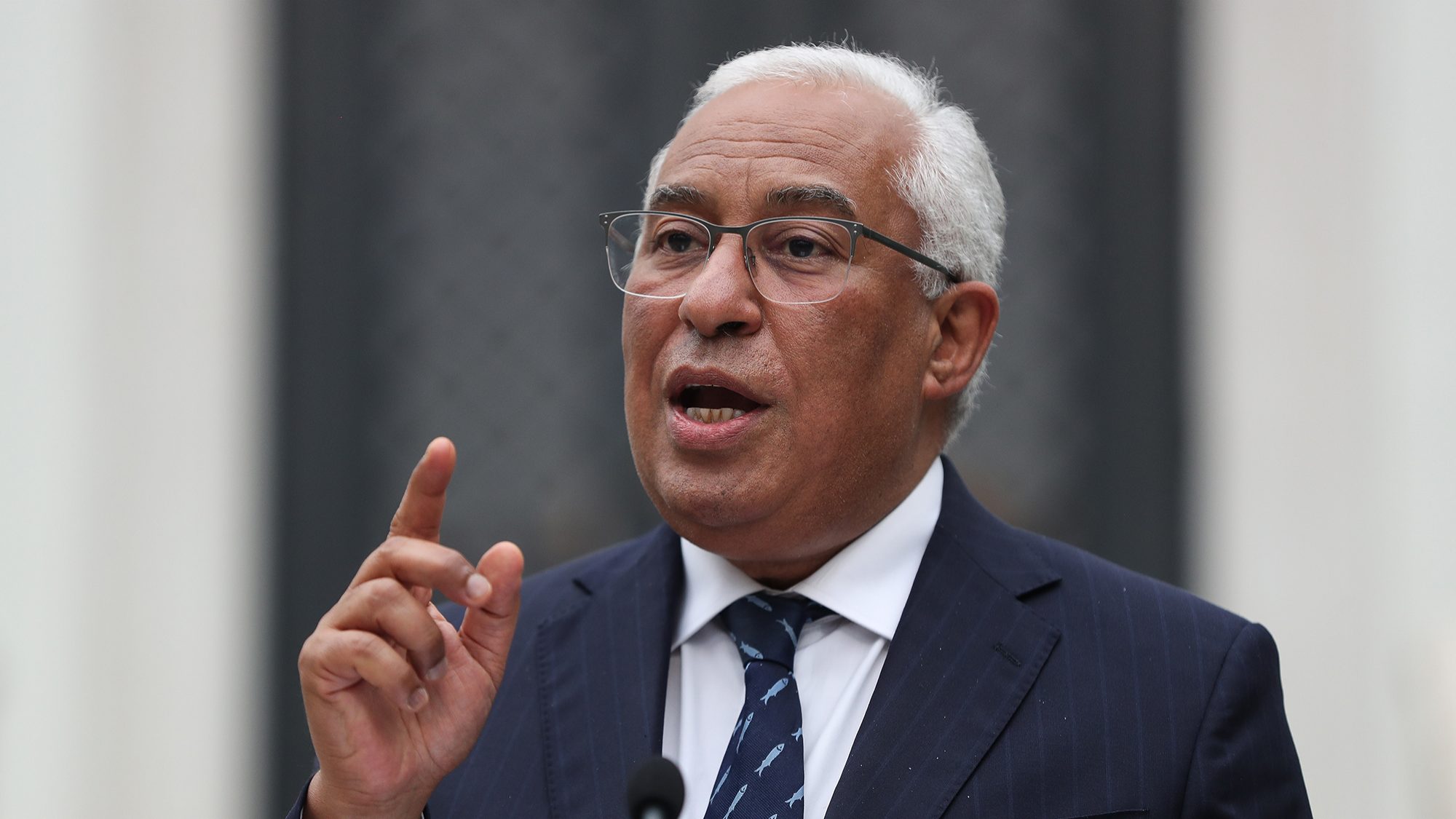German chancellor calls for gas pipeline from Portugal to north Europe
Olaf Scholz had spoken with his colleagues from Portugal, Spain and France and with the president of the European Commission to push for this project.
German Chancellor Olaf Scholz spoke out on Thursday in favour of a pipeline to transport gas from Portugal through Spain and France to the rest of Europe to reduce the current dependence on Russian gas.
In a press conference, Scholz regretted that such a link had not yet been built because it would now make it possible to make a “massive contribution” to supply in northern Europe due to the energy crisis that arose after the war in Ukraine.
The chancellor, quoted by Efe news agency, added that he had spoken with his colleagues from Portugal, Spain and France and with the president of the European Commission to push for this project, as the existence of links with North Africa would help diversify supply.
A pipeline with these characteristics “would solve the current problems”, added the German chancellor, who highlighted his government’s efforts to reduce energy dependence on Russia and admitted that previous ones had not considered this possibility.
“Every government, every business must take into account that situations can change and prepare for if that happens,” Scholz said, after acknowledging that the current government coalition (Social Democrats, Greens and Liberals) was “surprised” by the lack of alternatives to a possible reduction in Russian gas supplies.
Despite this situation, the German leader stressed that it had been possible “in record time” to look for alternatives to guarantee gas supplies next winter but admitted that “it will be more expensive”.
Germany’s gas deposits have reached about 75% of their capacity, according to the latest data from the Federal Network Agency (Bundesnetzagentur), a level that, according to the government’s objectives, should be reached by 1 September.
The German government had set a target for deposits to reach 75% of capacity on September 1, rising to 85 per cent on October 1 and 95 per cent on November 1, the level sufficient to guarantee supply throughout the winter.
This development, however, depends on the continued supply of Russian gas through the Nord Stream pipeline.
Russian group Gazprom completely interrupted the supply in mid-July, claiming the need for maintenance tasks. When service was restored, the volume was down to 20% of its capacity, down from 40% previously.
There is currently disagreement in the German coalition government over whether to postpone the end of the last three remaining nuclear power plants, which were due to cease operating by the end of this year.
The Greens have rejected this possibility without, however, ruling it out completely. The Liberals propose postponing this until 2024 and advocate reactivating, if necessary, another plant that was taken out of service last year.
Currently, the three nuclear plants that still operate allow 6% of the electricity supply.


